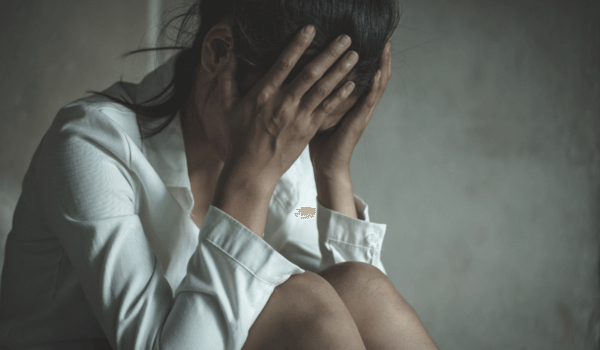
Sexual abuse can occur to any gender orientation at any age through a variety of scenarios. Only recently as abuse victims have felt more empowered to come forward with their stories, and laws have been changed to extend the ability to file some lawsuits regarding institutional sexual abuse, have the long-term effects of sexual abuse on the brain been studied and even acknowledged. Forcible sexual contact does not always happen as represented in crime shows – in a dark alley with a dangerous stranger. Often, it’s a relative or trusted advisor in a position of power who takes advantage of those in a delicate situation. Sexual assault is about power and control and many victims know their attackers.
While it should be obvious that physical trauma like sexual assault would have lasting impacts on victims, many do not realize or understand the profound and serious effects this violence has on survivors. It is important for survivors to understand these effects are to be expected so they do not feel alone and it’s also important for those who work with them – including lawyers like us – to support sexual abuse victims by learning more about how their trauma has affected their brain and can continue to affect their everyday lives so we can be of better service and help.
How Does Sexual Trauma Change the Brain?
During the sexual assault, a victim’s sympathetic nervous system releases stress hormones throughout the brain, preparing for “fight or flight,” leaving the mind and body in survival mode.
After the assault, a victim’s brain undergoes biological changes similar to those who suffer from occupational post-traumatic stress disorder or PTSD like first responders and war veterans. These changes bring on a continued activation of the sympathetic nervous system, which will continue to release stress hormones that exhaust the body and mind of the victim. In addition to this, two parts of the brain are changed:
- Amygdala: After the trauma of sexual abuse, this almost-shaped mass located deep inside of the brain becomes overstimulated and associates the traumatic experience with specific emotions. It will falsely identify harmless situations and individuals as threats due to this hypervigilance and overstimulation.
- Prefrontal Cortex: This area of the brain is the last to fully mature and is still developing into young adulthood. It handles planning, attention, and impulse control, among other related issues, and helps keep other areas of the brain functioning appropriately. Sexual trauma leaves survivors hypervigilant, paranoid, and can worsen their academic performance due to its impact on this part of the brain.
- Hippocampus: This part of the brain becomes less active after trauma, as stress hormones kill its cells, weaken its ability to consolidate memories, and inhibit its ability to understand the violent event that happened in the past and is no longer an immediate threat.
Childhood sexual abuse is known to be a strong predictor of lifetime psychopathology. Other research suggests sexual trauma can impact the brain’s ability to recognize and feel sensations by changing the brain’s somatosensory cortex. This can cause a decrease in sexual sensation and desire and even chronic pain in the parts of the body that were impacted by the abuse.
Common Aftereffects of Sexual Abuse
Victims of sexual abuse can suffer from a wide range of aftereffects and none of them are wrong or should make a victim feel shame. Victims do share some common experiences post-assault, however, including:
- PTSD
- Immobility
- Depression
- Anxiety
- Feelings of Shame and Guilt
- Memory Impairment
- Eating Disorders
- Substance Abuse
- Dissociative Identity Disorder
- Self-Harm
- Suicidal Ideation and/or Behavior
- High Blood Pressure
- Increased Risk of Heart Disease
- Insomnia and other Sleep Disorders
A new study by researchers at the University of Pittsburgh also found that traumatic experiences including sexual violence may be linked to increased later brain damage, including an increased risk of stroke, dementia, and other brain disorders.
Texas Sexual Abuse Lawyers
Research in the Journal of Adolescent Health shows that among children under the age of 18, 1 in 9 girls and 1 in 53 boys will experience sexual abuse or sexual assault. Sexual assault is a horrible experience no one should have to go through. If you are struggling with the aftermath of institutional sexual abuse, talking to a therapist can help you to process your emotions and make progress in healing.
While sexual offenders are prosecuted in criminal court, victims can file a civil suit against their rapists and any entities that may be potentially liable for the incident, including the owner of the premises where the assault took place and more. If you or a loved one has suffered sexual violence, you need a caring and experienced attorney to work with you patiently to represent you with compassion and understanding. The legal team at Feldman & Feldman can help.
